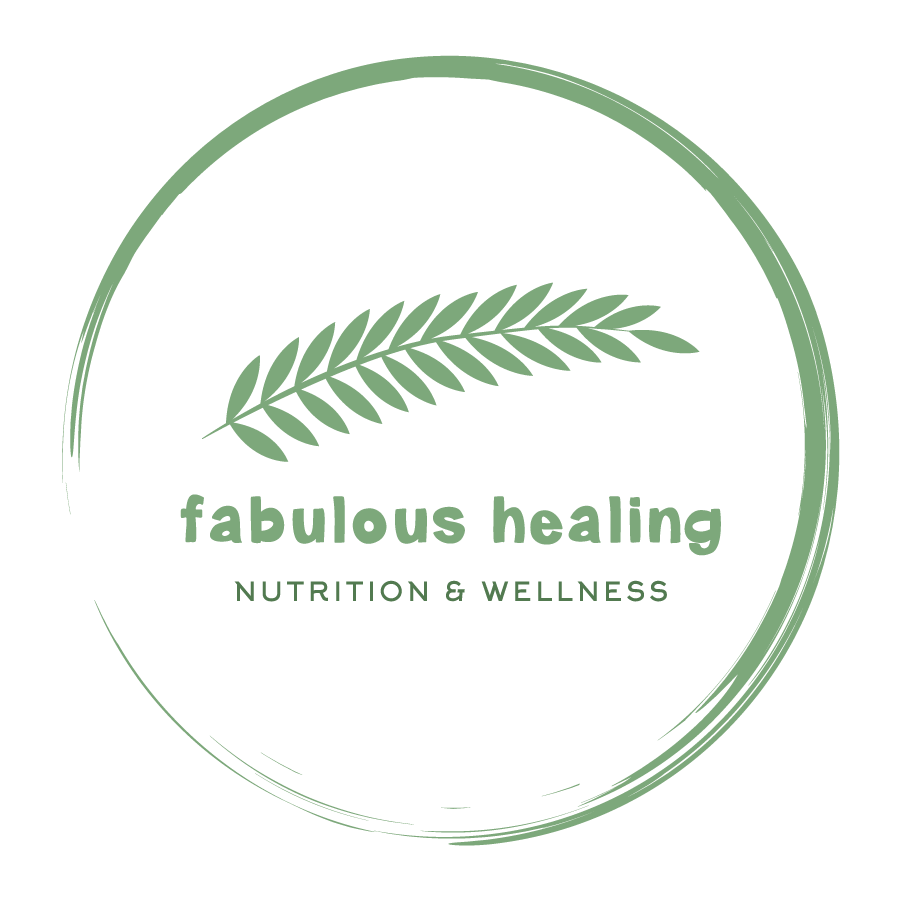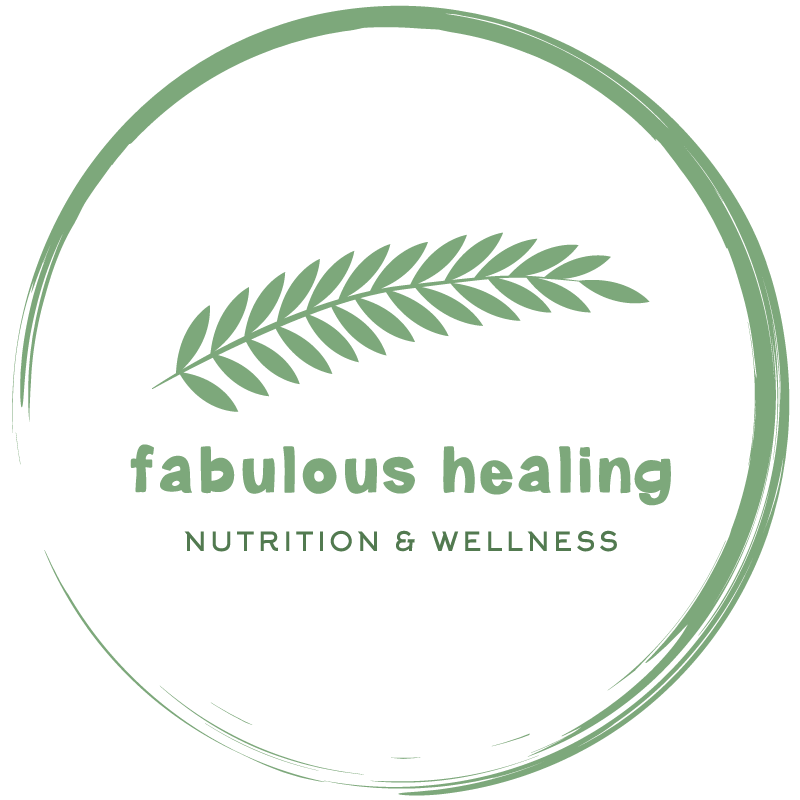Welcome to the journey towards understanding the intricate ebbs and flows of women’s health. As a certified nutritionist and food relationship coach, I’ve devoted my career to nurturing and empowering women through different stages of their lives. One such pivotal stage that often sparks questions and curiosity is perimenopause. This prelude to menopause is fraught with changes, symptoms, and sometimes even misconceptions. So, when does perimenopause start? Let’s untangle the threads of this significant life chapter together.
Decoding Perimenopause: An Overview
Perimenopause, also fondly referred to as the ‘menopause transition,’ begins several years before menopause itself. It’s the time when the ovaries gradually start to make less estrogen. This phase usually commences in a woman’s mid-to-late 40s, but for some, the onset can be as early as their mid-30s. Perimenopause lasts up until menopause, the point when the ovaries stop releasing eggs entirely. A woman is considered to have reached menopause when she has gone for 12 consecutive months without a menstrual period.In the last 1 to 2 years of perimenopause, this decline in estrogen accelerates. It is during this time that many women start experiencing the symptoms. Keep in mind, though, perimenopause is a highly individual process, and there’s no one-size-fits-all timetable or symptom guide.
Navigating the Symptoms
Similar to menopause, perimenopause often comes with an array of signs and symptoms, which can sometimes make it challenging to pinpoint the start of this phase. Women might encounter weight gain, change in body composition and fat accumulation in the belly area, irregular periods, hot flashes, sleep disturbances, mood swings, or decreased fertility. However, given the broad spectrum of experiences, some women might breeze through perimenopause with minimal discomfort, while others may find these changes more disruptive. Recognizing these signs is the first step towards understanding and navigating this natural life transition.
The Biology Behind Perimenopause
Perimenopause starts when the ovaries begin to produce less of the hormones estrogen and progesterone. This shift is primarily due to the natural aging process, but it can also be influenced by factors such as genetics, overall health, and lifestyle. This hormonal shift leads to irregular menstrual cycles and a host of other symptoms that are the body’s response to these changing hormonal levels.
Diving into Diagnosis
Diagnosing perimenopause can be a bit tricky, as many of its symptoms can mimic those of other health conditions. Usually, a detailed medical history, clinical examination, and a discussion about your symptoms can provide clues about the onset of perimenopause. In some cases, your healthcare provider may suggest blood tests to measure hormone levels. However, fluctuating hormone levels during perimenopause can make this form of diagnosis less reliable. Over the years, I’ve listened to numerous women express their frustration about feeling dismissed by their primary care providers when discussing perimenopause symptoms. These women often find that, despite their symptoms, their lab results return normal, and they’re advised to simply diet more and exercise harder. However, the reality is that managing perimenopause doesn’t have to be a struggle. With the right nutritional guidance and lifestyle modifications, you can regain control over your body and life.
The Implications of Early Perimenopause
While perimenopause usually starts in your mid 30s, it can begin much earlier for some women. Early perimenopause can be attributed to factors such as smoking, consumption of fast foods, never having been pregnant, or having a history of cancer treatment. This early onset may pose unique challenges, including a potentially higher risk of certain health conditions like osteoporosis or heart diseases. If you suspect you’re entering perimenopause earlier than expected, it’s it’s time to consider appropriate changed in your diet and lifestyle to manage symptoms and reduce any potential risks proactively.
Exploring Treatment Options
While perimenopause is a natural phase of life and not a condition to be ‘treated,’ some women may seek help to manage its symptoms. Options can range from lifestyle adjustments, hormone therapy, to alternative remedies.
The effectiveness of these approaches can vary depending on the individual. It’s a common misconception among many women that eliminating sweets and increasing their workout regimen are the only dietary measures they can take to alleviate perimenopause symptoms. However, managing perimenopause through diet extends far beyond merely cutting out sugar. Diet during perimenopause involves a holistic approach that optimizes hormones and providing vital support during this significant life phase. Embracing Lifestyle Changes
Lifestyle changes are often the first line of action and the most effective way to manage perimenopause symptoms. This could involve maintaining a perimenopause-focused diet, accurateexercise routine that helps reduce oxidative stress in the body and support leaner body at the same time, ensuring adequate high quality sleep, managing stress, and abstaining from smoking or the introduction of other toxins. As a nutritionist and dietician, I can’t emphasize enough the empowering role that a healthful diet can play during this phase.
The Link to Mental Health
Perimenopause is not just about physical changes; it can also profoundly impact mental health. Many women report experiencing mood swings, anxiety, and even depression, which can often intensify as they draw nearer to menopause. Acknowledge this side of the journey as earlier as possible can save you a lot of frustration. Seeking professional help, if necessary, and adopting practices such as self-care and mindfulness techniques, can significantly influence your emotional resilience. For some, exploring newly available therapies like psilocybin-assisted therapy (currently legal and available in Oregon), might present another avenue for support during this transformative phase.
Creating a Perimenopause-Focused Diet
As a nutritionist and dietician, I believe in the profound connection between the foods we eat and how we feel mentally and emotionally. It’s called Food As Medicine for a reason. During perimenopause, certain foods can support your body’s changing needs. For instance, foods rich in calcium and Vitamin D can help maintain bone health, while phytoestrogens found in soy products can significantly alleviate certain menopausal symptoms.
Each woman’s perimenopause journey is unique, and the way she navigates this phase should be personalized to her needs. The biggest key to bare in mind is that perimenopause is not a medical condition, but a natural life phase.
Embracing this transition with understanding, self-care, and the right support can make this journey not just manageable, but empowering too. As always, I’m here to support you, providing guidance tailored to your individual health objectives. Let’s traverse this path together, towards a healthier, happier you.





